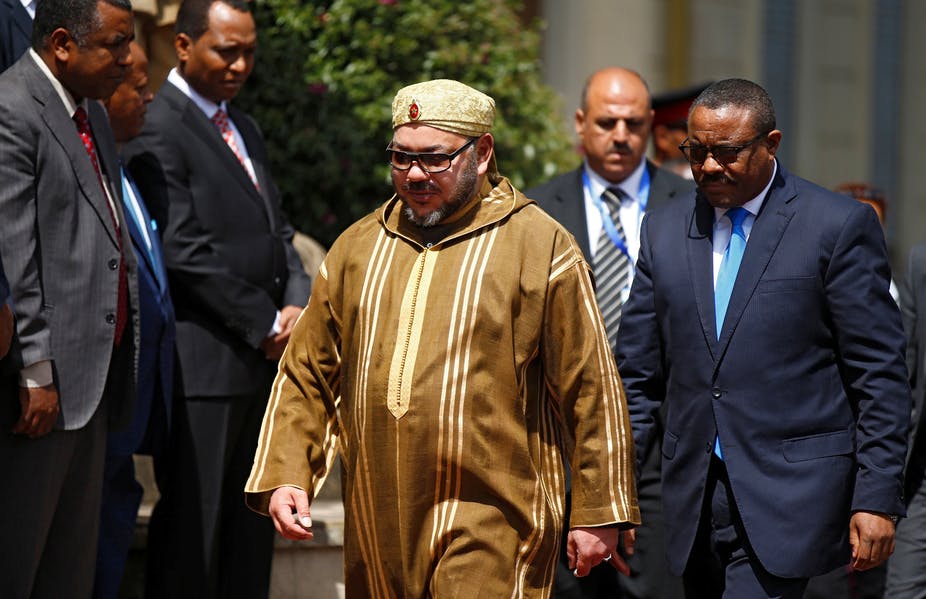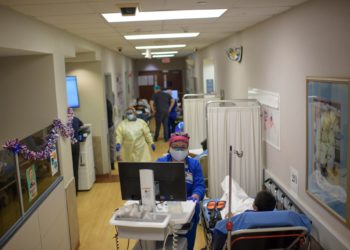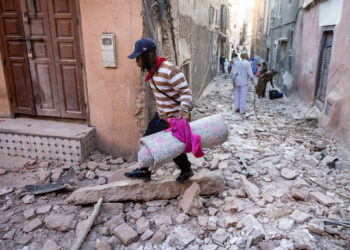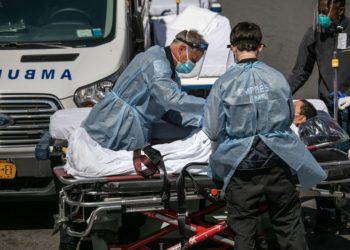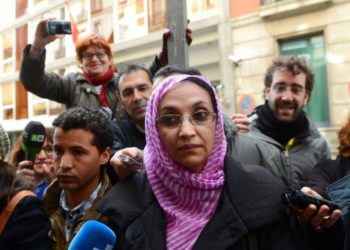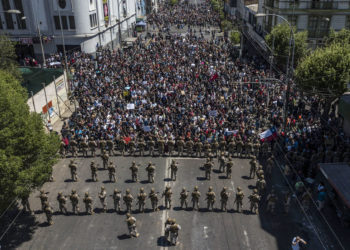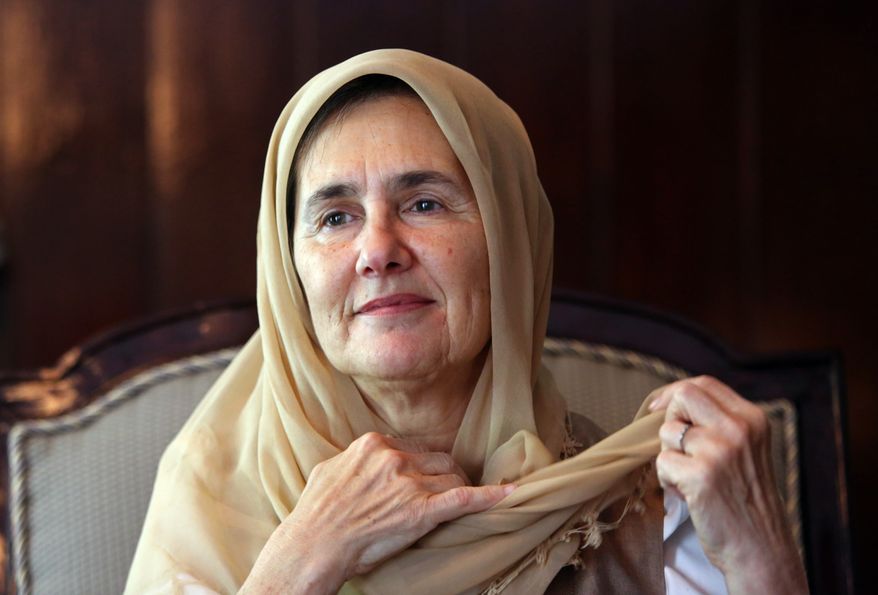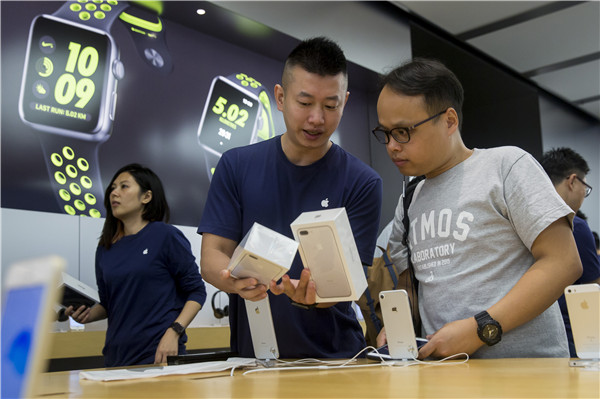In 2011, the Arab Spring revolutionized the framework of human rights in the Middle East; healthcare was no exception. Following waves of protests and pressure from international aid groups, King Mohammed VI of Morocco constitutionally enshrined the right to healthcare.
Over the past decade, Morocco’s Ministry of Health has rapidly extended coverage to low-income people and estimates that by 2021, 90 percent of the population will be insured.
Despite these optimistic figures, the Ministry’s pursuit of expanding legally recognizable health coverage has come at the expense of its operational capacity. Particularly in rural communities, the extreme paucity of medical supplies and professionals renders insurance coverage useless.
Given the floundering state of many healthcare facilities and the financial disarray plaguing its first insurance scheme, the Ministry must take a pragmatic approach by prioritizing quality and equity of care.
Social Welfare Program
In 2009, the Moroccan Ministry of Health launched RAMED, a social welfare program that has expanded health coverage to over 30 percent of the population by insuring low-income Moroccans. The Ministry of Health is the primary funder, but medical device taxes and annual beneficiary contributions also finance the program. The scheme requires public medical centers to file with the Ministry of Health to receive reimbursements for treating RAMED beneficiaries.
The Ministry of Health is now strained to cover the program’s cost. Public health officials launched RAMED with the goal of expanding coverage to 8.5 million people, making up 28 percent of Morocco’s population. However, by December 2015 9.2 million people had signed on, exceeding the initial target by almost one million and demonstrating the massive demand for health coverage among the low-income population.
Consistent with economists’ predictions, a disproportionate number of RAMED beneficiaries suffer from a chronic condition requiring costly and prolonged care while healthy young adults remain significantly underrepresented, a reality which contributes to the program’s soaring costs.
Due to these initial budget miscalculations, the program is becoming insolvent, and many public hospitals are still waiting for patient care reimbursements. Often, RAMED patients are blocked from care entirely because there is distrust among hospital administrators that the Ministry of Health will sufficiently reimburse them for care. In the meantime, the number of RAMED beneficiaries continues to rise along with the rate of chronic disease.
Insurance Status Irrelevant
62 percent of Morocco’s population is now insured under RAMED or another plan. However, in many rural communities, insurance status is irrelevant given the country’s severe scarcity of health professionals.
The government has set out to train 3,300 new doctors per year to enhance the shortage of human resources. In practice, about 900 doctors graduate annually from Moroccan medical schools, less than a third of Morocco’s goal, and the majority of them chooses to work in urban areas.
These shortages existed long before RAMED expanded health coverage to over nine million people. The additional beneficiaries are a strain on an already weak system.
In other words, the Ministry of Health is now pumping millions into a program that expands access to nonexistent care. This absurd policy may be the result of well-intentioned aid programs from the European Union and the African Development Bank, both of which provided Morocco generous grants and loans exceeding €300 million ($350 million) for the program.
Rural Communities Out of Sight
Universal health coverage is a laudable goal and an attractive headline, but it cannot exist in a vacuum. The Ministry of Health, and the Europeans holding their purse-strings, must prioritize the urgent human resources shortage by encouraging young professionals to work at rural health centers.
For example, the government could partially subsidize training for medical students who commit to working at least five years in a rural area. Past proposals to implement such a program have died in Morocco’s parliament; struggling rural communities are out of sight and often out of mind.
However, if Moroccan officials continue expanding access to care without expanding capacity, disdain for the public health system will become more endemic than chronic disease.
Disclaimer: The views and opinions expressed here are those of the author and do not necessarily reflect the editorial position of The Globe Post.

